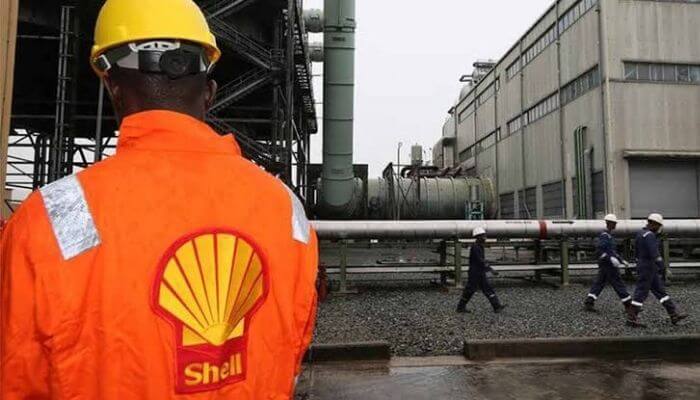Shell to invest $2 billion in Nigerian gas project, Presidency reacts
Shell Nigeria Exploration and Production Company Limited (SNEPCo), a local unit of Shell plc, announced Tuesday it has taken a final investment decision on the HI gas project offshore Nigeria, a venture with a capacity to supply 350 million standard cubic feet per day.
Discovered forty years ago, the HI field sprawls across 100m of water depth around 50km from the coast in the Gulf of Guinea, within the shallow-water block OML 144
The energy giant is joining forces with domestic player Sunlink Energies and Resources Limited to deliver the project, which, on completion, is expected to supply gas to Nigeria LNG Limited (NLNG).
NLNG, a joint venture, comprises state-owned NNPC Limited, Shell, Eni, and TotalEnergies.
Bayo Onanuga, the special adviser to President Bola Tinubu on information & strategy, put the value of the investment at $2 billion in a post on X (formerly Twitter) on Tuesday.
Shell is setting its sights on the end of the current decade as the starting date of production.
“Following recent investment decisions related to the Bonga deep-water development, today’s announcement demonstrates our continued commitment to Nigeria’s energy sector, with a focus on deepwater and integrated gas,” Peter Costello, Shell’s Upstream President, said in a statement.
“This upstream project will help Shell grow our leading integrated gas portfolio, while supporting Nigeria’s plans to become a more significant player in the global LNG market,” he added.
The move highlights one of the first major steps by Shell to scale up its operations in offshore Nigeria, nearly eight months after the supermajor sold its onshore and shallow-water operations in Nigeria in a $2.4 billion deal to relocate offshore.
Shell’s exit from onshore operations continued an industry trend, where multinationals like ExxonMobil, TotalEnergies, and Eni divested their investments in onshore Nigeria to local players and moved offshore.
Those companies have often cited crude theft and sabotage of oil installations as grounds for offloading their onshore assets.
However, environmentalists have claimed that their motivation stemmed from the need to avoid costly litigations that may result from being held accountable for oil spills and environmental degradation by Niger Delta residents, whose livelihoods have been threatened for years by their onshore activities.
ALSO READ: UPDATED: UK court rules against Shell over Nigerian oil spill
According to the Shell statement, the gas supply to NLNG via its Train 7 project, which aims to expand the Bonny Island terminal’s production capacity, aligns with Shell’s plans to scale up its global LNG output by an average of 4-5 per cent per year until 2030.
It will also bolster NLNG’s contribution to Nigeria’s national economic development goals, including jobs in construction and operations.
The field
The current estimated recoverable resource volumes of the HI project stand at roughly 285 mmboe.
Sunlink Energies and Resources holds a 60 per cent stake in the venture, while Shell holds the rest.
The project, Shell said, consists of a wellhead platform with four wells to be installed at the HI field location, a pipeline to transport the multiphase gas to onshore at Bonny, and a gas processing plant at Bonny, from where the processed gas will be transported to NLNG and the condensate to the Bonny Oil and Gas Export Terminal.

